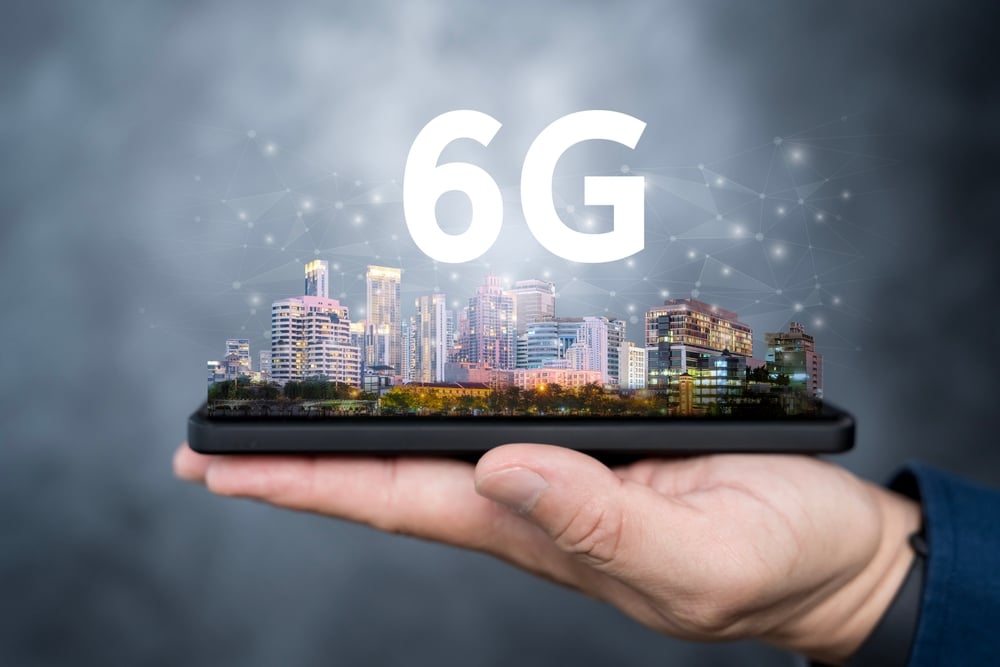With the Brasil 6G program, the country anticipates the arrival of the new generation of mobile networks
Coordinated by RNP, the initiative enters its third phase in the second half of 2024
To position Brazil at the forefront of sixth-generation mobile networks, the Ministry of Science, Technology and Innovation (MCTI) created the Brasil 6G program . Coordinated by RNP and executed by the National Telecommunications Institute (INATEL) in partnership with the Telecommunications Research and Development Center (CPQD) and several universities, the program seeks to avoid the problems faced with the arrival of 5G in Brazil. The technology was not adapted to the Brazilian reality, requiring additional studies, which delayed its adoption.
“Brazil didn’t know what to do with 5G because we didn’t have any incentives for studies; we simply accepted what came from abroad. The technology wasn’t adapted to the Brazilian scenario and didn’t take into account aspects such as topography, temperatures or geographical changes, which created the need for more research”, explained Fernando Farias, RNP’s Research and Development coordinator.
Farias is part of a team of researchers working to prepare Brazil for future mobile internet connection technology. This new mobile network is expected to start operating in about six or seven years, but the country has been anticipating this since 2022. At the time, 5G was just beginning to operate in Brazil, so there was little information about how the technology would evolve.
“The main challenge was to kick off and organize ideas about what the 6G architecture would be. After phase 1, we were able to organize this architecture and define the main technologies that would enable it”, explained Farias.
One of the main changes of 6G is the significant increase in internet connection speeds. The technology will be able to reach speeds of 1 to 100 Gbps, and theoretically 1Tbps, compared to the 1 Gbps limit of 5G. This change will allow the integration of new users, features and applications.
“As this bandwidth expands, the possibility of integrating not only new customers, but also new technologies increases. This will allow us to offer new applications”, says Farias, adding that 6G will not be developed only for mobile technology customers (cell phone users). “Industries, farms and other sectors will also use 6G, due to the expansion of resources”.
The first phase of the program lasted until 2022 and discussed the new network architecture model, key enabling technologies, and key uses. The researchers then entered the second phase of the project, scheduled to end in July of this year, which focused on understanding how this evolution of mobile connectivity will work and building a testbed for a technology that does not yet exist. The tests were carried out on a smart farm model.
“Although there is still no equipment on the market to support 6G, we started building a testbed that works with several 5G technologies, but with pre-6G management architecture and software. This was to get an idea of how they will work in six or seven years. We had a model farm near INATEL where several tests were carried out. The big challenge was to understand the technology and its scope”, said Fernando Farias.
Now, Brasil 6G is preparing to enter its third phase. The idea is to take the test environment to other regions of Brazil and evaluate aspects of a multi-regional 6G infrastructure. The new phase should begin in the second half of this year. “The main objective is to expand this testbed. We will also have an increase in GPU resources, cloud and edge resources, high-performance computing (HPC), antennas, everything available for researchers to work on. It is expected to last two years”, concluded Farias.
